Modeling Stents Using Abaqus
The modeling stents using Abaqus course is intended for engineers responsible for the design of medical devices who seek to accelerate their understanding of the highly complex mechanical behavior associated with the performance of such devices. While the focus of the course is on using Abaqus to model stents, the content is also useful for modeling other types of medical devices.
What you’ll learn
In this Abaqus tutorial video course, you will learn about modeling stents and SMA materials in Abaqus and determine their material parameters. How to model the corrosion in the biodegradable stents, selecting the appropriate element by the analysis, modeling, and its various methods are part of what you will learn in modeling stents in the Abaqus course.
Upon completion of this course, you will be able to:
- Create geometry for modeling stents and tools
- Choose the proper element type
- Choose material models: elastic-plastic (Stainless Steel), superelastic-plastic (Nitinol), hyperelastic (vessels)
- Perform stent analyses: Static, Implicit, and Explicit Dynamics
- Define contact and constraints
- Postprocess stent analyses
- Perform fatigue evaluation
Overview of the course
Lecture 1 Introduction
- Stent Basics
- Stent Modeling
- Modeling Stents using Abaqus
Lecture 2 Geometry and Meshing
- Introduction
- Stents
- Example: Create Laser Cut Stents
- Example: Create Braided Wire Stents
- Expansion and Crimping Tools
- Stent Residing Vessels
- Import STL file
- Import Orphan Meshes
- Unwrap a Deformed Stent into Flat Geometry
Lecture 3 Element Selection and Mesh Convergence
- Introduction
- Solid Elements
- Beam Elements
- Surface and Membrane Elements
- Mesh Convergence
- Workshop Preliminaries
- Workshop 1a Balloon-expanded Stent – Geometry and Meshing
- Workshop 1b Self-expanding Stent – Geometry and Meshing
Lecture 4 Material and Section Properties
- Introduction
- Material Models
- Linear Elastic-plastic Material (Stainless Steel)
- Superelastic-plastic (Nitinol)
- Hyperelastic Material (vessels)
- Material Calibration
- Use shape memory alloys in ABAQUS without any Subroutine
- User subroutines, for accurately modeling the behavior of superelastic alloys such as Nitinol.
- References
- Workshop 2a Balloon-expanded Stent – Materials and Sections
- Workshop 2b Self-expanding Stent – Materials and Sections
Lecture 5 Analysis Procedures
- Introduction
- Static Analysis
- Implicit Dynamics
- Natural Frequency Extraction
- Explicit Dynamics
- Quasi-static Analysis Using Dynamic Procedures
- Annealing
- Importing and Transferring Results
Lecture 6 Loads, Contact, and Constraints
- Introduction
- Loads and Boundary Conditions
- Contact
- General Contact
- Contact Pairs
- Local Surface Behavior
- Contact Enforcement Methods
- Contact Stabilization
- Constraints
- Cyclic Symmetry
- Workshop 3a Balloon-expanded Stent – Analysis Setup
- Workshop 3b Self-expanding Stent – Analysis Setup
Lecture 7 Postprocessing Stent Analyses
- Introduction
- Results Visualization
- Fatigue Evaluation using Goodman Diagrams
- Workshop 4a Balloon-expanded Stent – Postprocessing
- Workshop 4b Self-expanding Stent – Postprocessing
Appendix 1: Nitinol Fatigue
- Introduction
- Background
- Nitinol Fatigue Model
- Nitinol Fatigue Plug-in
- References
- Workshop 6: Nitinol Fatigue – fe-safe
Knowledge Prerequisites
This course is recommended for engineers with experience using Abaqus.
Available Releases
Abaqus 2024, Abaqus 2023, Abaqus 2022, Abaqus 2021, Abaqus 2020, Abaqus 2019, Abaqus 2018, Abaqus 2017, Abaqus 2016, Abaqus V6.14, Abaqus V6.13, Abaqus V6.12
Duration
16 hours
Discipline
Advanced Abaqus
This course is designed to cover the utilization of Abaqus for the modeling and analysis of stents. However, the course material can also be valuable for modeling various other types of medical devices. It is aimed at engineers who are involved in the design of medical devices and wish to enhance their comprehension of the intricate mechanical behavior associated with the performance of such devices.
Need help? Get a consultation from our experts.

Telegram: +98-915-55-20-388
WhatsApp: +98-915-55-20-388
Find Us on WeChat

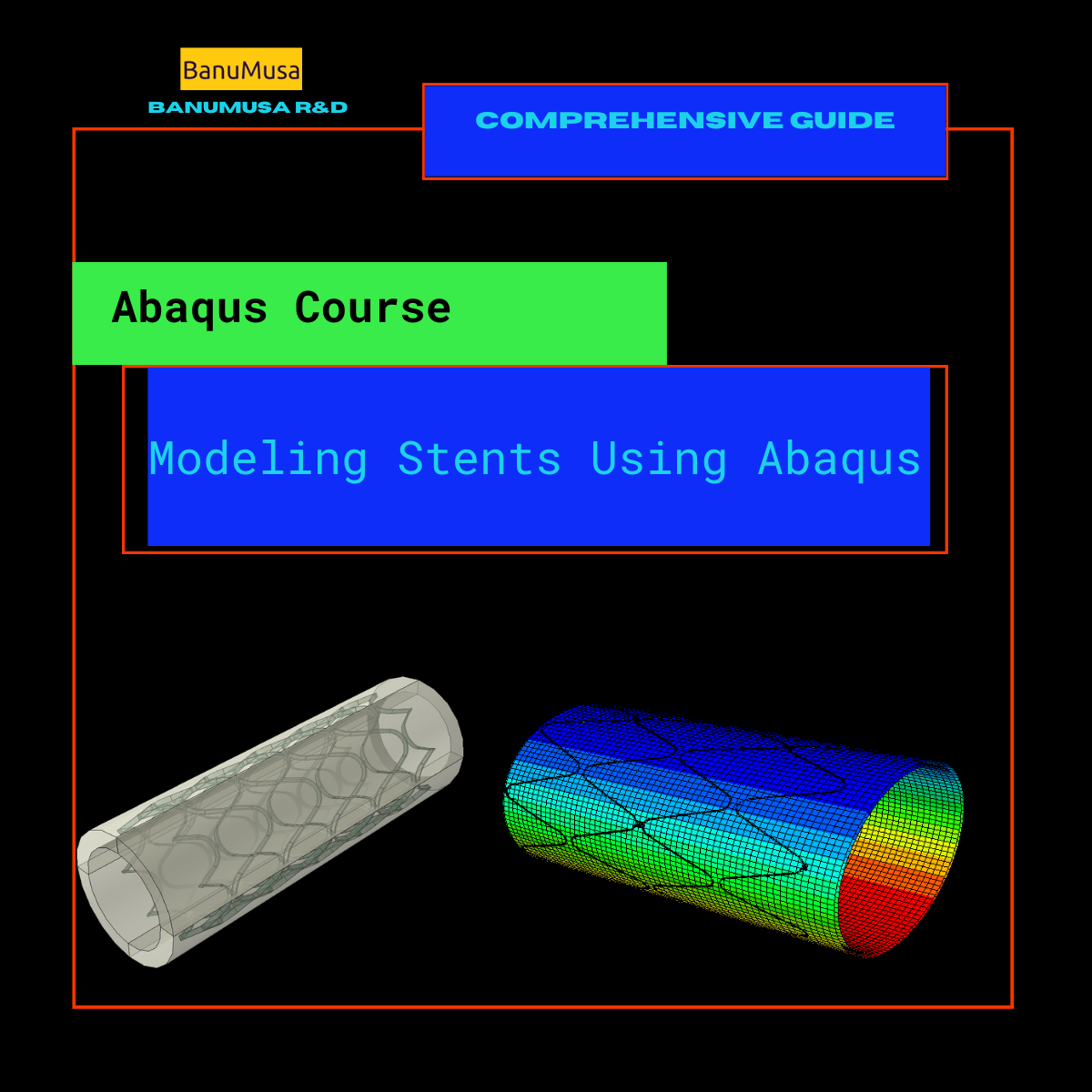
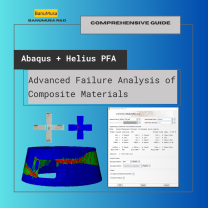
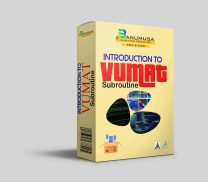
 We’re fully confident in the value and reliability of the product. If for any reason you are not completely satisfied, email us at
We’re fully confident in the value and reliability of the product. If for any reason you are not completely satisfied, email us at 

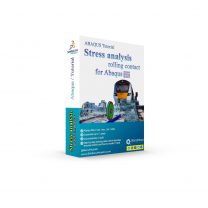
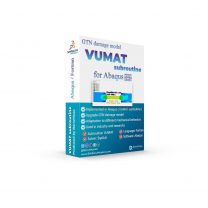
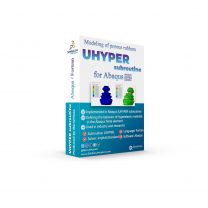
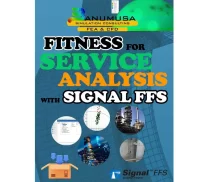
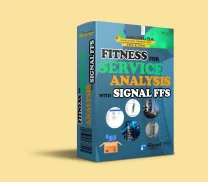
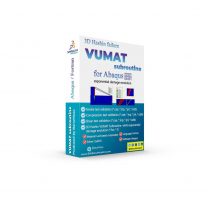
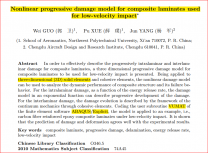
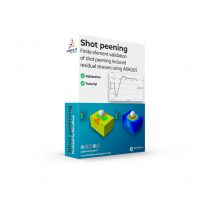



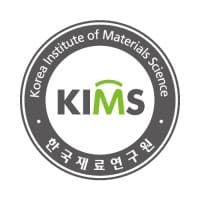



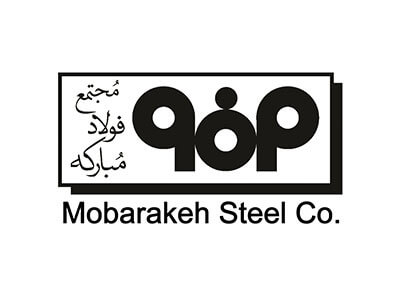
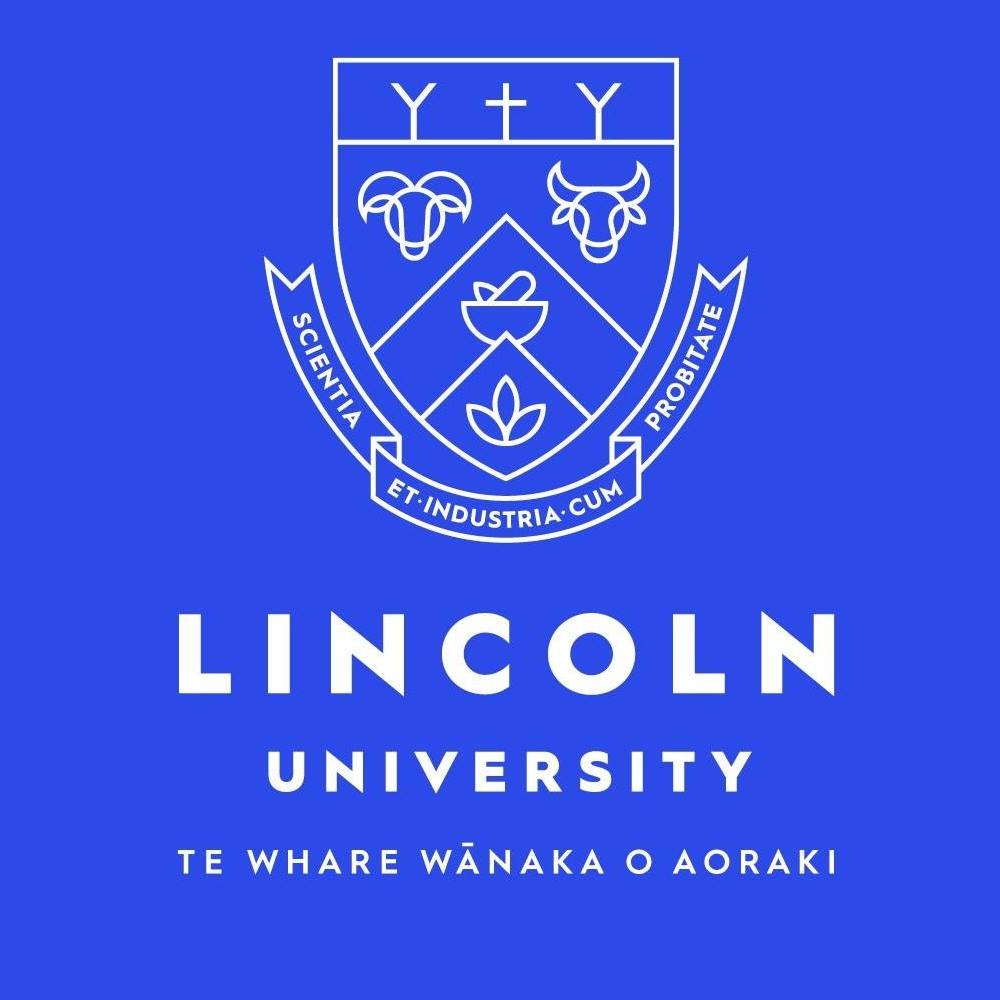




Reviews
There are no reviews yet.